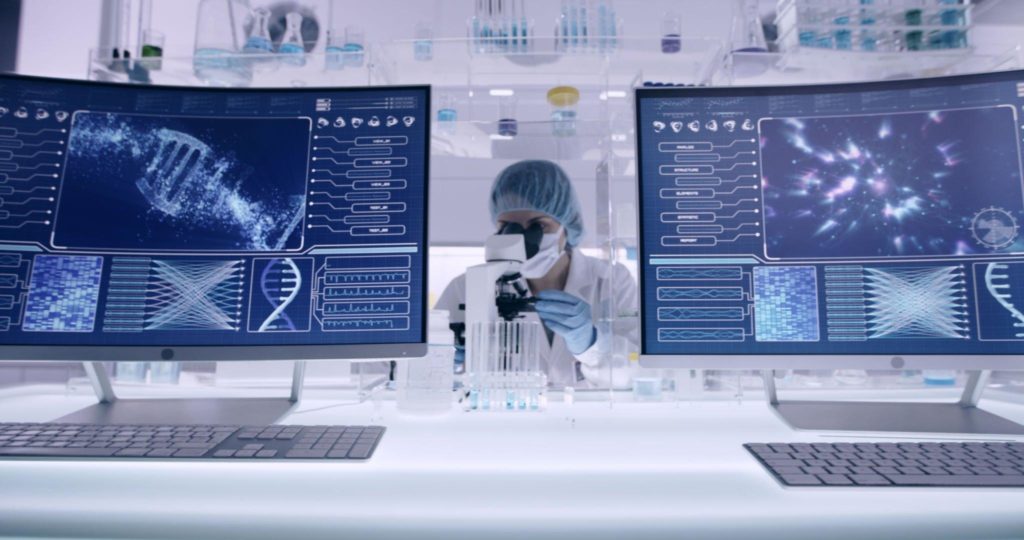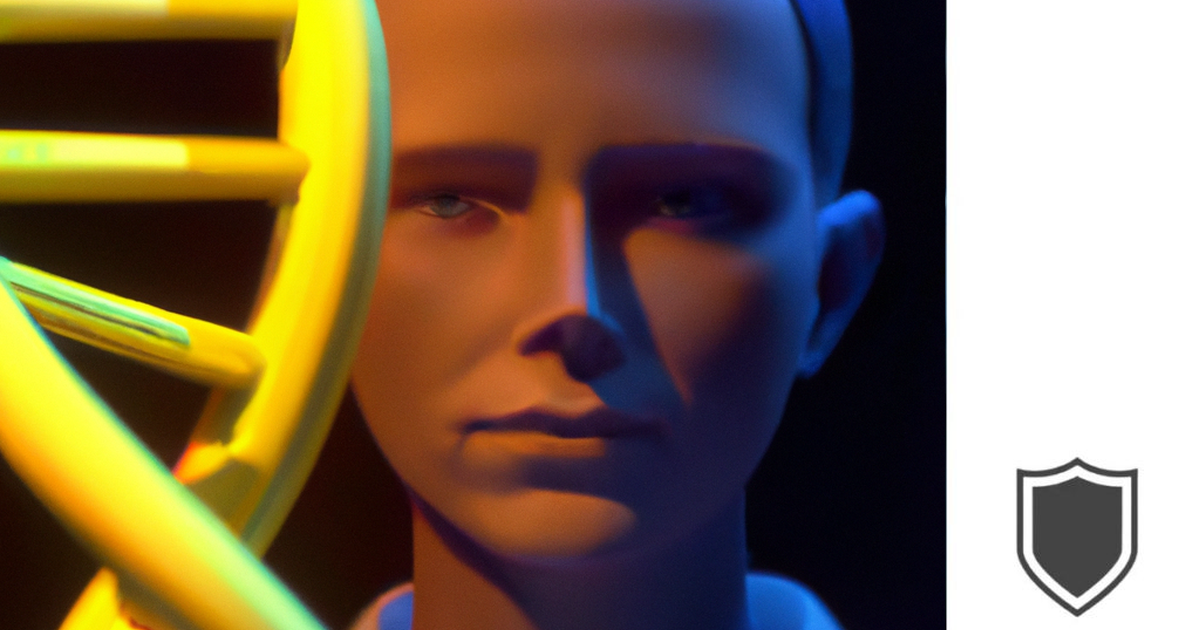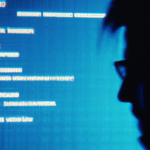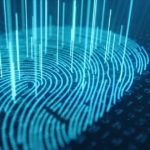Over recent years, genetic testing services like 23andMe have surged in popularity, offering individuals insights into their ancestry, potential health risks, and unique genetic traits. Nevertheless, this escalating interest in personalized genetic information also brings about increasing concerns about privacy and the safety of sharing sensitive data.
Like many of us, you may wonder “Is 23andMe safe?”
As a result, people are starting to question the true safety of using 23andMe and similar services. One aspect to most definitely consider is the privacy of your genetic information. While 23andMe claims to keep customer data anonymous and secure, privacy risks still exist, and customers must decide whether the insights gained from these services outweigh any potential security concerns.
Another factor to address is the accuracy and reliability of the genetic reports provided by 23andMe. As a consumer, it’s essential to understand that while these services may help identify possible health risks or genetic predispositions, they should not be considered a comprehensive diagnosis or medical advice. Instead, results should be discussed with a healthcare professional to obtain the most accurate understanding of one’s health and ancestry.
With all that in mind, let’s take a closer look and try to answer this important question – is 23andMe safe?
Table of Contents
Understanding 23andMe
As a well-known genetic testing company, 23andMe offers a variety of services to customers wishing to learn more about their ancestry, genetic traits, and any potential health risks associated with such traits.
By analyzing a person’s DNA, 23andMe can provide insights into genealogy, ethnicity, and even genetic predispositions towards certain health conditions.
The process begins when you order a testing kit from 23andMe. Once the kit is received, you simply collect a saliva sample and then send that sample back to the company, where it’s analyzed for specific genetic markers related to ancestry, traits, and health.
Once the analysis is complete, you receive a detailed report back, with your genetic information and findings.
One important aspect of 23andMe’s genetic testing is the privacy and security of its customer data. The company employs industry-standard security measures to protect the personal information and genetic data collected from its customers.
In addition, the 23AndMe adheres to its strict privacy policy that outlines how customer data is used and shared. Customers can even choose to opt-out of having their data shared for research purposes, ensuring their genetic information remains private.
Now let’s take a closer look at these policies and any safety or privacy concerns therein…

Safety Concerns in 23andMe Services
Privacy and Personal Information
There are of course safety concerns surrounding the privacy and personal information of users for 23andMe, and any other similar service. In an era where data breaches seem to grow more common almost weekly, hacking poses a significant risk to the security of users’ genetic data.
Additionally, privacy concerns extend beyond potential data breaches. The unique nature of DNA means that by sharing one’s genetic information, they inadvertently reveal information about their ancestors and relatives. This raises important questions regarding the consent and privacy rights of family members who might not have agreed to sharing such genetic information.
Different regions also face unique challenges when it comes to privacy concerns. Wildfires in countries like the U.S. and Canada pose an additional risk to the physical storage of genetic samples. In the event of a disaster, these repositories could be compromised, leading to the potential exposure of sensitive genetic information.
Data Usage for Research
Another key safety concern is how 23andMe utilizes user data for research purposes. While the company does claim they anonymize user data before sharing it with research partners, the potential for re-identification of participants still exists.
Moreover, the terms and conditions of 23andMe’s services allow the company to use and share customers’ genetic information for research purposes after obtaining their consent.
Since some users may not be fully aware of the extent to which their genetic information could be shared with external parties, such partnerships may raise ethical concerns, especially if those research projects involve jurisdictions with different privacy regulations.
As a result, potential 23andMe users are encouraged to thoroughly review the terms and conditions and make informed decisions about whether they’re comfortable sharing genetic information, particularly in light of the potential safety concerns discussed above.
Accuracy of Genetic Testing | Is 23andme safe
Detecting Risks and Diseases
23andMe provides users with information about their genetic risks for certain diseases, such as breast cancer and metabolic conditions. By analyzing specific regions of a person’s DNA, the company can determine if that person carries genetic variants associated with an increased risk of developing these conditions.
It’s important to note, however, that none of the genetic variants 23andMe tests for is fully penetrant, meaning not everyone who carries the variant will develop the disease. The test results should be used as a tool to better understand potential risks, not as a definitive diagnosis.
Limitations in Ancestry Analysis
While 23andMe offers valuable insights into a person’s ancestry, some limitations might affect the accuracy of these results, especially for users with a non-European background.
Ancestry analyses are based on comparing users’ genetic data to available reference populations. However, genetic databases tend to be more comprehensive for individuals of European descent, potentially leading to less accurate results for users with ancestry from other regions.
It’s also worth mentioning that analysis is based on a snapshot of each person’s DNA, which only represents a portion of their entire ancestral history. Therefore, users should consider their 23andMe ancestry results as a starting point for further research, rather than a complete and definitive account of their genealogical background.

Evaluating 23andMe’s Data Security
Email and Communication Safety
23andMe takes the privacy and safety of its customer information seriously. Their commitment to data security includes measures to protect the confidentiality of email communications.
Any sensitive information shared over email is encrypted, which ensures the safe transmission of personal data. Whenever users communicate with 23andMe, they can do so with confidence knowing their information is protected.
How Data is Stored and Protected
To store and protect customer data, 23andMe employs a variety of security measures. Data is encrypted, and the company conducts regular assessments to identify potential vulnerabilities and threats1. This proactive approach allows 23andMe to stay ahead of potential security issues and protect their customers’ valuable information.
Furthermore, 23andMe holds data security and privacy certifications from third-party auditors2. These certifications are only awarded after extensive audits by independent third-parties, ensuring the company follows best practices in data security and privacy.
In terms of data sharing with law enforcement, 23andMe is also quite cautious. They require a legally valid request, such as a court order or subpoena, before releasing any individual-level personal information3. This policy demonstrates their commitment to protecting customer privacy and upholding responsible data management practices.
Footnotes
Potential Benefits of Using 23andMe
One of the main advantages of using 23andMe is its thorough ancestry reports, which provide valuable information about an individual’s genetic background. The company has one of the largest DNA databases on the market, making it easy for customers to find relatives and potential genetic relationships1.
In addition, 23andMe offers continually updated health reports, which can help users understand their genetic predispositions to certain diseases, such as Alzheimer’s and Parkinson’s2.
The 23andMe platform is also known for being user-friendly, offering aesthetically pleasing and easy-to-understand reports and interfaces3. Users can expect engaging interactive features too, such as reports on potential Neanderthal genetics4.
Footnotes
Conclusion
23andMe is a popular genetic testing service offering both Ancestry and Health + Ancestry testing options. Many people wonder about the safety and privacy of using such services, and this concern is valid considering the sensitive nature of DNA data.
The company does take extensive measures to ensure the safety and privacy of its users’ genetic data, however. For instance, customers are asked to opt-in before receiving sensitive reports that may show a genetic predisposition for specific health risks. This approach gives users control over the information they receive and how it’s used.
Moreover, 23andMe has been in operation for over 11 years now, and has continued developing and improving their services all along the way. They’ve established a solid reputation in the industry, a reassurance for potential customers.
That said, it’s still essential for users to carefully review 23andMe’s privacy policy and understand the implications of sharing their genetic data.
Considering the company’s efforts to protect user privacy and their transparent policies, it’s fair to say that using 23andMe is generally safe for most individuals. However, as with any online service, users should exercise caution and consider their own comfort level when sharing sensitive information.
In summary, 23andMe provides valuable genetic insights for users, and while they take significant steps to ensure data security and protect user privacy, it’s of course up to individuals to weigh the potential benefits against any potential risks before deciding to use the service.
Is 23andMe Safe – Frequently Asked Questions
What are the privacy concerns with 23andMe?
One of the main privacy concerns with using 23andMe is how the company handles personal genetic information. Although 23andMe claims to take your privacy seriously, some users worry that their genetic data may eventually be used for purposes other than what they originally agreed to.
To address these concerns, the 23andMe privacy team here answers 10 common questions about their privacy practices and policies.
How accurate are the results provided by 23andMe?
23andMe provides a variety of information through their DNA testing, including ancestry, traits, carrier status, and genetic health risks. While the results are based on scientific research, it’s important to note the accuracy of genetic tests may vary depending on several factors, such as the quality of the sample or the specific genetic markers being tested for.
The results provided by 23andMe should be considered as informative, but not absolute.
Are there any risks associated with taking a DNA test through 23andMe?
Some potential risks associated with taking DNA tests like 23andMe include receiving unexpected or emotionally distressing information about your ancestry or potential health risks. Additionally, there may be privacy concerns about how your genetic data is used or shared.
Is 23andMe compliant with FDA regulations?
Yes, 23andMe is compliant with FDA regulations. The company was the first direct-to-consumer genetic testing service to offer FDA-authorized health reports.
This authorization means that the 23andMe testing for specific health-related genetic markers has undergone a review process by the FDA to ensure the accuracy and validity of the results provided.
What are common complaints about 23andMe services?
Some common complaints about 23andMe services include the turnaround time for receiving results, limited information on certain ancestry groups, and potential inaccuracies in certain aspects of their reports. Like any service, individual experiences may vary, and some users may be more satisfied with the service than others.
What potential drawbacks should one consider before using 23andMe?
Before using 23andMe, it’s crucial to consider potential drawbacks such as the cost of the tests, the possibility of receiving emotionally distressing information, and privacy concerns regarding the handling of your genetic data.
It’s up to you to weigh the potential benefits and risks and determine whether undergoing genetic testing aligns with your personal goals and needs.
- Is 23andMe Safe? - February 27, 2026
- How to Stop McAfee Pop Ups: A Clear and Confident Guide - February 27, 2026
- Best VPN Routers: A Comprehensive Guide - February 27, 2026











1 thought on “Is 23andMe Safe?”